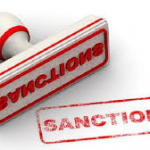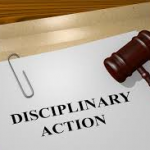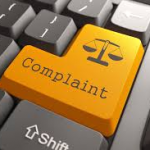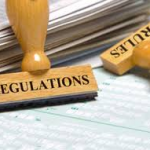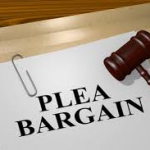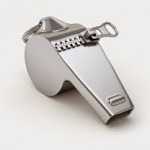 With the possible exception of “free donuts,” there are no two words in the English language more powerful and more impactful than “I’m sorry.” Owning up to a mistake and sincerely apologizing to the person impacted by your error can resolve disputes and mend fences. It can increase understanding and trust and reset a damaged relationship.
With the possible exception of “free donuts,” there are no two words in the English language more powerful and more impactful than “I’m sorry.” Owning up to a mistake and sincerely apologizing to the person impacted by your error can resolve disputes and mend fences. It can increase understanding and trust and reset a damaged relationship.
For physicians and other professionals, a sincere mea culpa for a mistake and an expression of sympathy for a less-than-ideal outcome can also reduce the likelihood of lawsuits and professional license complaints. But will that apology come back and haunt you if your patient or client decides that it’s not good enough? Will “I’m sorry” translate into “I’m liable” before a jury or the Illinois Department of Financial and Professional Regulation (IDFPR)?
How Apologies Can Benefit All Parties
So many professional license complaints and lawsuits, whether against doctors, accountants, lawyers, brokers, and other professionals, arise not because of actual misconduct or mistake but rather due to a failure of communication. Professionals may be loathe to admit a mistake and apologize for the error for reasons of ego, but more often it is because they are worried that an apology will be seen as an admission that they did something wrong and that admission will be used against them.
In the practice of medicine in particular, this silence and defensiveness can increase distrust and frustration and come across as cold, unfeeling, and unsympathetic to the patient’s plight, especially when no mistake or allegation has been made. If a patient passes away, medical error or not, a doctor who delivers the news without an expression of sympathy for the loss won’t look cautious, he or she will look like a heartless jerk. In turn, those feelings increase the likelihood that an aggrieved patient will take action against the doctor or other professional who they believe did them wrong.
Study after study has shown that honest, open, and apologetic communication after an alleged error or bad result can significantly decrease claims for malpractice and related consequences. For example, a study published in the Journal of Patient Safety and Risk Management found that hospital staff and doctors willing to discuss, apologize for and resolve adverse medical events through a “collaborative communication resolution program” experienced a significant reduction in the filing of legal claims, defense costs, liability costs and time required to close cases.
“Apology Laws”
For these reasons, and because of the emotional and psychological benefits to patients that come with apologies, dozens of states have enacted so-called “apology laws” specifically to allow physicians to apologize, express regret or offer remediation without worrying that such statements will be admissible in malpractice or other actions.
Illinois, unfortunately, is one of the minority of states which does not have a clear apology statute for physicians. Illinois law does, however, protect healthcare providers who offer to pay for or perform services or procedures in an effort to fix an alleged mistake by declaring that testimony, writings, records, reports or information regarding such offers “shall not be admissible in evidence as an admission of any liability in any action of any kind in any court or before any commission, administrative agency, or other tribunal in this State.”
These laws not only help patients and doctors better resolve allegations of error, but they also help doctors comport with their ethical responsibilities. The American Medical Association’s Code of Medical Ethics, for example, says that:
“It is a fundamental ethical requirement that a physician should at all times deal honestly and openly with patients. … Concern regarding legal liability which might result following truthful disclosure should not affect the physician’s honesty with a patient.”
What to say to an aggrieved patient remains a matter of competing legal and ethical interests. The desire to be of comfort and help, to fix what’s wrong, is countered by concerns of self-preservation and risk management. Physicians and other professionals thus need to tread cautiously and with the advice of counsel or the guidance of their organizations before saying those two important words lest they compound their regret even further.
Louis Fine: Chicago Professional License Defense Attorney
The moment IDFPR contacts you is the moment that you should contact me. I will immediately begin communicating with IDFPR prosecutors and work with you to develop the strategy best suited to achieving the goal of an efficient, cost-effective outcome that avoids any adverse action.
Please give me a call at (312) 236-2433 or fill out my online form to arrange for your free initial consultation. I look forward to meeting with you.

